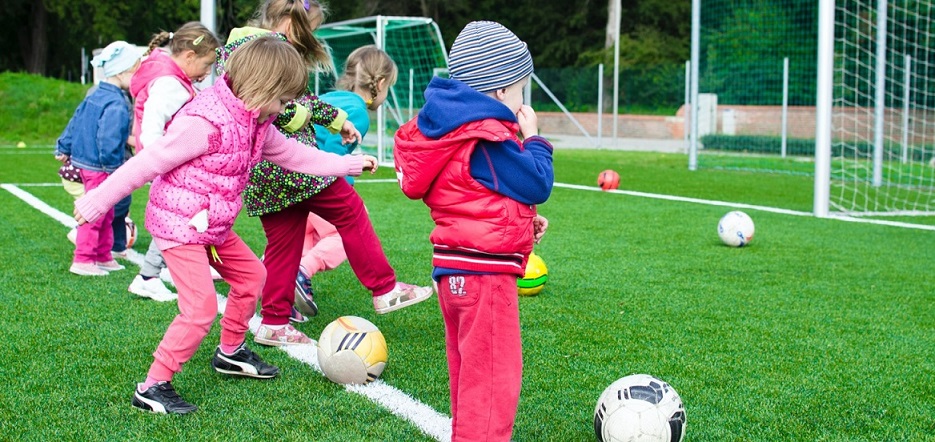
Children would like more space and time to play with their friends in school and at home, according to a new study led by Population Data Science researchers at Swansea University.
The study explored 20,000 children's opinions to play pre and post-Covid school closures. The research included primary school children aged 8 to 11 in Wales who had participated in the HAPPEN Primary School Network survey between 2016 and 2021. The survey captures a range of information about children's health and well-being, including open-ended questions about what could make them happier.
Five themes were identified based on children's responses. These include having space to play, recommendations on play, having permission to play, their feelings on health and well-being and play, and having time to play.
The main recommendation from children as we emerge further from Covid-19 is that they would like more space to play (outside homes, including gardens), more time with friends and protected time to play with friends in school and at home. This study highlights key recommendations to promote, protect, and facilitate play for children. Children themselves suggest these recommendations:
- Protect spaces to play, including investment in maintenance, upkeep, and safety. Ensure spaces are designed for pedestrians and not heavy traffic flow; and,
- Facilitate opportunities for children to socialise with their friends and family where possible.
The findings have just been published in the International Journal of Environmental Research and Public Health and they highlight the need to listen to and consult children to identify specific wants and needs from play.
However, while pandemic research has highlighted decreases in activity in children, there is also evidence to suggest that the pandemic may have been a good opportunity for children to play and be active.
Lead researcher Dr Michaela James said: "It is clear from our research that children want governments, local authorities, and schools to listen to them regarding play provision. Taking on board children's views and recommendations on play could be an enormous step forward in protecting the mental health and well-being of our children and future generations. They are the real experts of what they need.
“We must listen to these recommendations and advocate for children's wants and needs, particularly in relevance to giving children safe space to play, facilitating socialisation, and acknowledging how beneficial and integral play is to children's development, health, and wellbeing."
Marianne Mannello, from PlayWales, added: “Playing has positive impacts on important long-term health outcomes including increased physical activity, improving wellbeing in children, and helping to develop resilience. Of equal importance is the immediate enjoyment playing brings to children and their families.
“At Play Wales, we welcome this research which gives us a valuable insight into what children value and what we need to do to help them re-engage in physical activities to help their health and wellbeing.
“It is vital that we listen to children’s views and remove the barriers to play. This will help them support their own wellbeing, experiencing a happy and healthy childhood.”
This work is in partnership with PlayWales and is supported by NCPHWR and ADR Wales.
Find out more about our research into Population Health and Wellbeing
